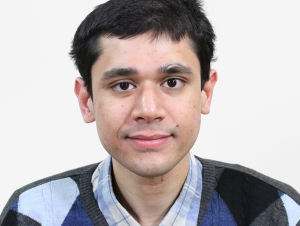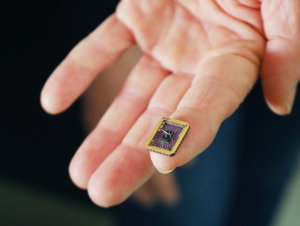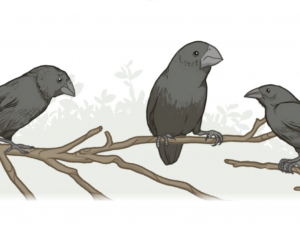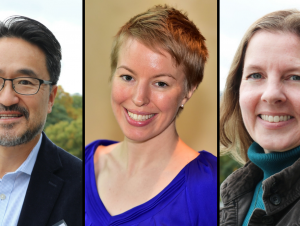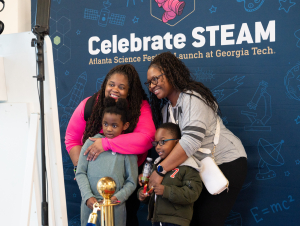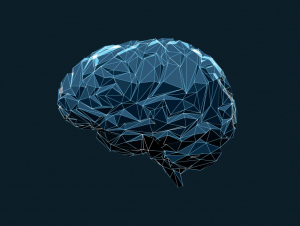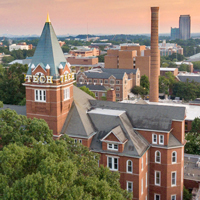Latest News
Georgia Tech has discovered how photons could be deterministically entangled for quantum computing.
The international fellowship will support two years of research at Georgia Tech, and one year of research at the French CEA-PHELIQS Lab, where Bencherif will explore graphene’s unique electrical properties.
Through a new review paper published in Nature, Georgia Tech scientists are revealing how decades-long research programs have transformed our understanding of evolution, uncovering secrets that would remain hidden in shorter studies.
From biotech startups to consulting and corporate leadership, three College of Sciences alumni share how applying the scientific method encourages career growth and business success.
Over 5,000 people attended Georgia Tech's Celebrate STEAM event on March 8, which showcased more than 60 demonstrations in science, technology, engineering, art, and mathematics.
A multidisciplinary team has discovered how lateral inhibition helps our brains process visual information, and it could expand our knowledge of sensory perception, leading to applications in neuro-medicine and artificial intelligence.


